Taming the Cholesterol Beast
Nutritional Supplements for Hypercholesterolemia

Are you tired of feeling like you're constantly battling the cholesterol beast lurking within? Fear not, for you're not alone in this struggle. Millions of people worldwide face the challenge of managing high cholesterol levels, and many are seeking natural ways to keep the beast at bay. In this blog post, we'll explore nutritional supplements that can help you tame the cholesterol monster and take control of your heart health.
The Battle Begins: Understanding Hypercholesterolemia
Before we dive into our arsenal of cholesterol-lowering supplements, it's important to understand what we're up against. Hypercholesterolemia, or high cholesterol, is a condition where there are excessive amounts of cholesterol in the blood. This can lead to plaque buildup in the arteries, increasing the risk of heart disease, stroke, and other cardiovascular issues.
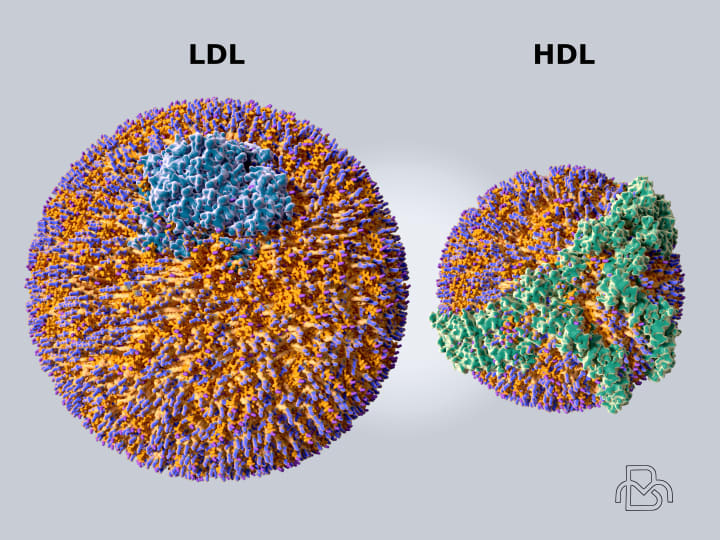
Cholesterol is a waxy, fat-like substance that is essential for many bodily functions, including the production of hormones, vitamin D, and bile acids. However, when there's too much "bad" cholesterol (LDL) and not enough "good" cholesterol (HDL) in our blood, it can spell trouble for our heart health.
Assembling Your Nutritional Arsenal: Supplements to Fight High Cholesterol
Now that we know our foe, let's explore the nutritional supplements that can help us conquer high cholesterol.
1. Omega-3 Fatty Acids: The Heart Health Heroes
Omega-3 fatty acids are essential fats that play a crucial role in heart health. These powerful nutrients can help lower triglyceride levels, reduce inflammation, and even improve blood pressure. You can find Omega-3s in fish oil, flaxseed oil, chia seeds, and certain types of fish like salmon and mackerel.
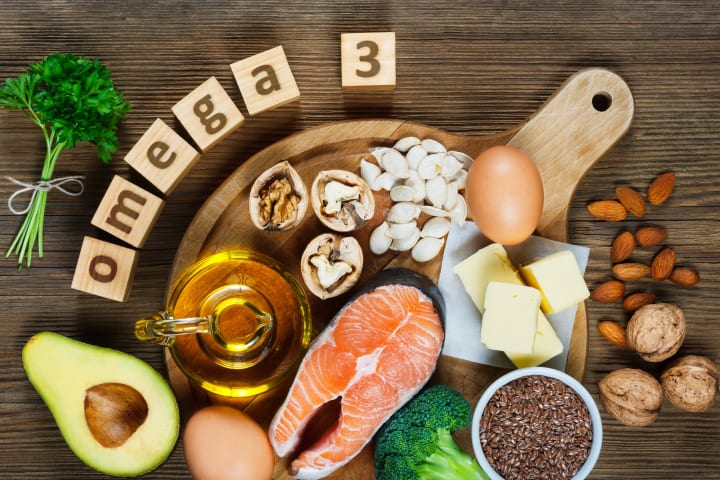
2. Psyllium Husk: The Fiber Fighter
Psyllium husk is a soluble fiber derived from the seeds of the Plantago ovata plant. It can help lower LDL cholesterol levels by binding to cholesterol in the digestive system and helping to remove it from the body. You can find psyllium in over-the-counter supplements, and it's also a common ingredient in fiber-rich cereals and bread.
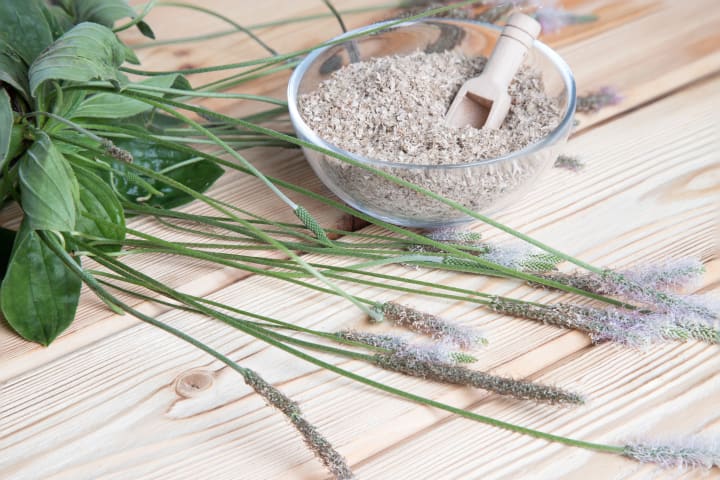
3. Niacin: The Cholesterol Balancer
Niacin, or vitamin B3, has been shown to help increase HDL cholesterol levels while lowering LDL cholesterol and triglycerides. It's available in supplement form, but be sure to talk to your healthcare provider before starting niacin therapy, as high doses can cause side effects like flushing and itching.
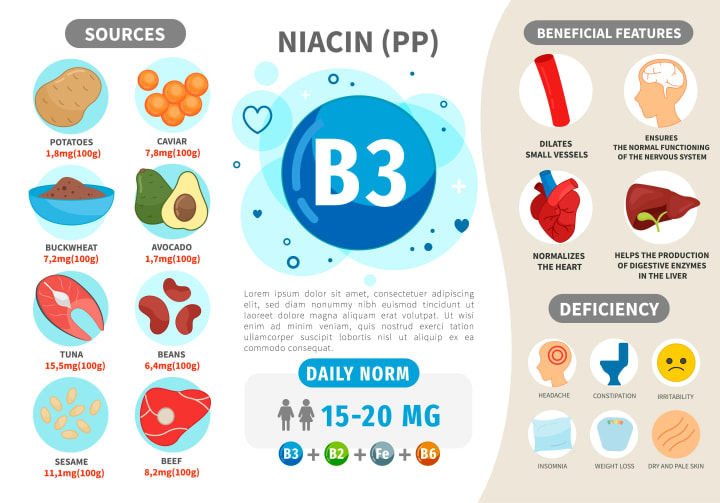
4. Plant Sterols and Stanols: The Cholesterol Blockers
Plant sterols and stanols are naturally occurring substances found in fruits, vegetables, nuts, and seeds. They can help lower LDL cholesterol levels by blocking cholesterol absorption in the gut. You can also find plant sterols and stanols in fortified foods like margarine, yogurt, and orange juice.
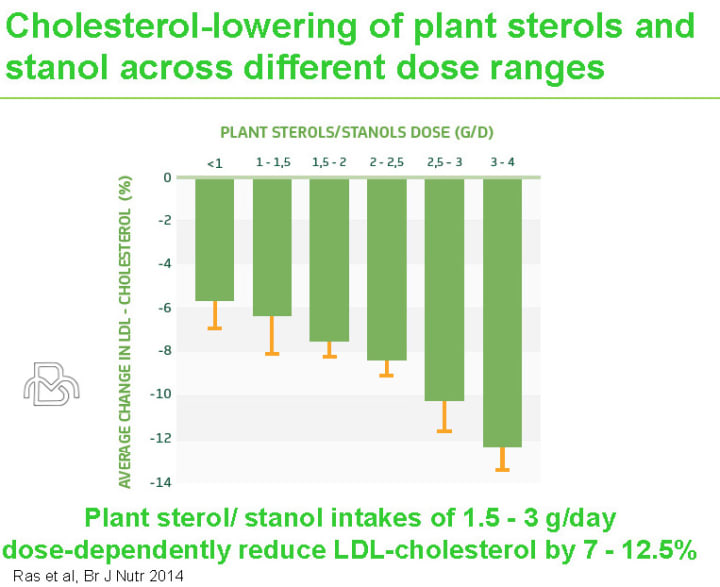
5. Garlic: The Pungent Protector
Garlic has long been praised for its health benefits, and research has shown that it can help modestly lower LDL cholesterol levels. You can consume garlic in its natural form or as a supplement in the form of garlic extract tablets.
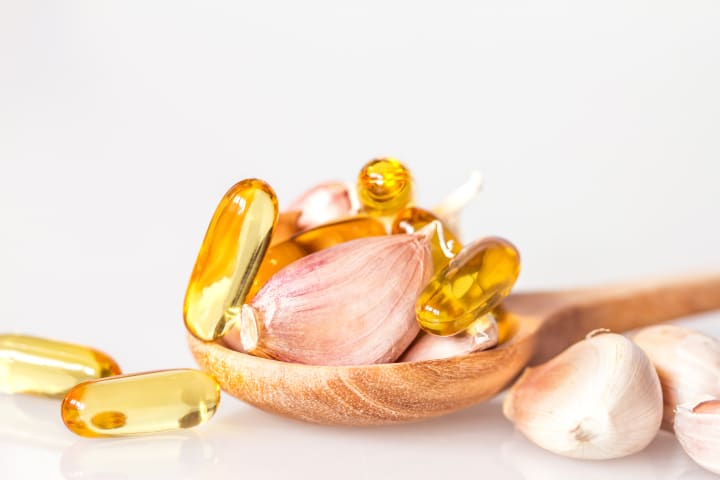
6. Red Yeast Rice: Ancient Wisdom for Modern Health
Red yeast rice is a traditional Chinese medicine that contains monacolin K, a naturally occurring substance similar to the cholesterol-lowering drug lovastatin. It's available in supplement form, but make sure to choose a high-quality product to ensure its effectiveness and safety.
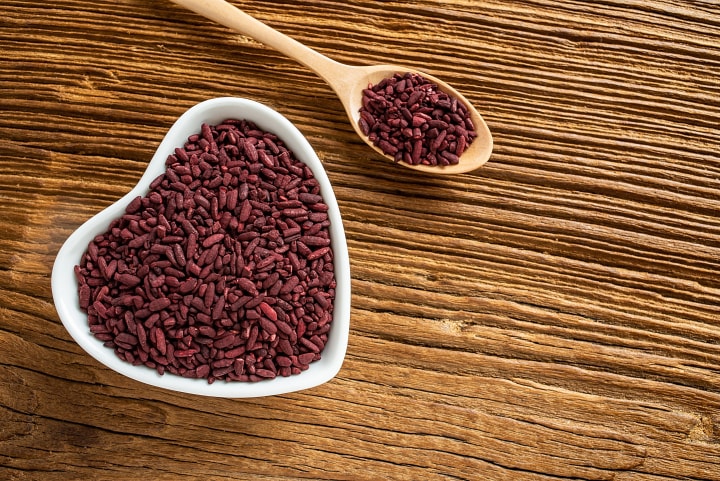
7. Green Tea Extract: Antioxidant Powerhouse
Green tea is rich in catechins, powerful antioxidants that can help lower LDL cholesterol levels. Consider sipping on green tea or taking green tea extract supplements to harness its cholesterol-fighting benefits.
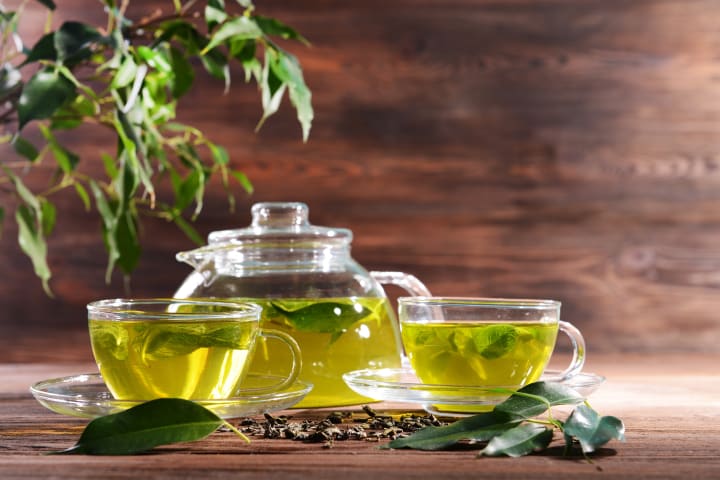
8. Coenzyme Q10: The Heart Health Helper
While CoQ10 may not directly lower cholesterol levels, it's known to support overall cardiovascular health and improve heart function. CoQ10 is a powerful antioxidant that can be found in supplements and certain foods like organ meats, spinach, and broccoli.
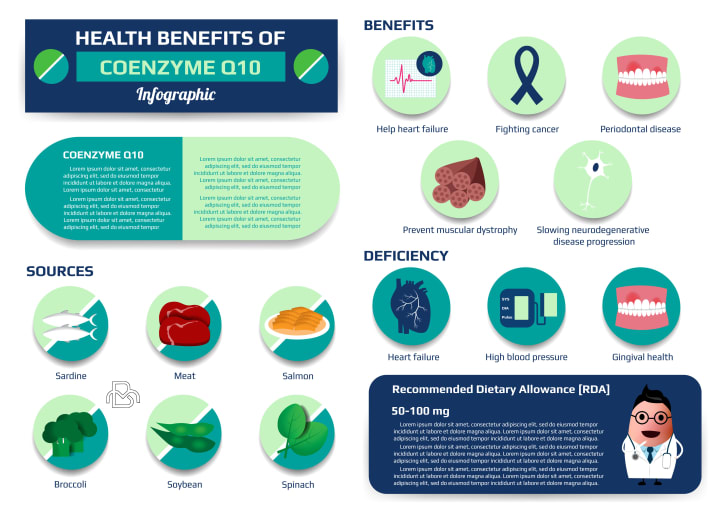
9. Probiotics: The Gut Health Guardians
Probiotics are beneficial bacteria that can help improve gut health, and some studies have shown that certain strains can help lower LDL cholesterol levels. You can find probiotics in fermented foods like yogurt and sauerkraut or in supplement form.
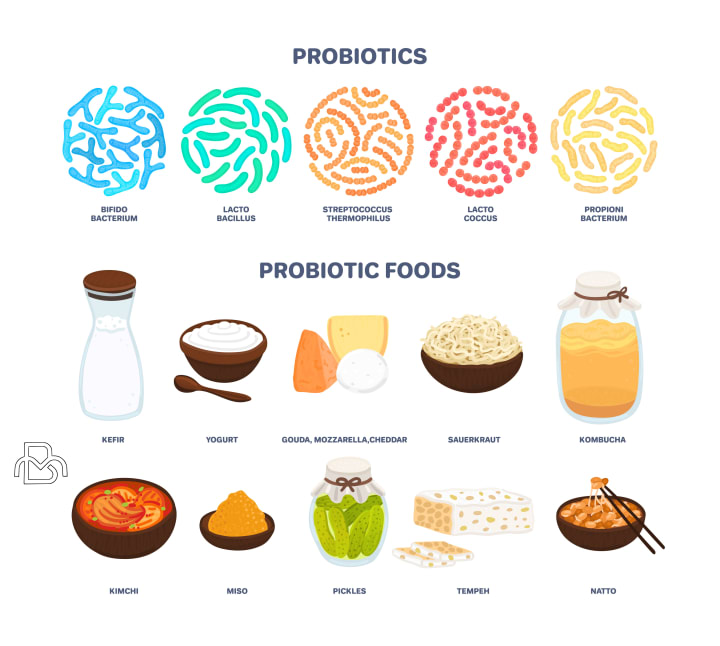
10. Lycopene: The Colorful Cholesterol Combatant
Lycopene is a powerful antioxidant found in red fruits and vegetables like tomatoes and watermelon. It has been shown to help lower LDL cholesterol levels and protect against heart disease. Consider adding more lycopene-rich foods to your diet or taking lycopene supplements.
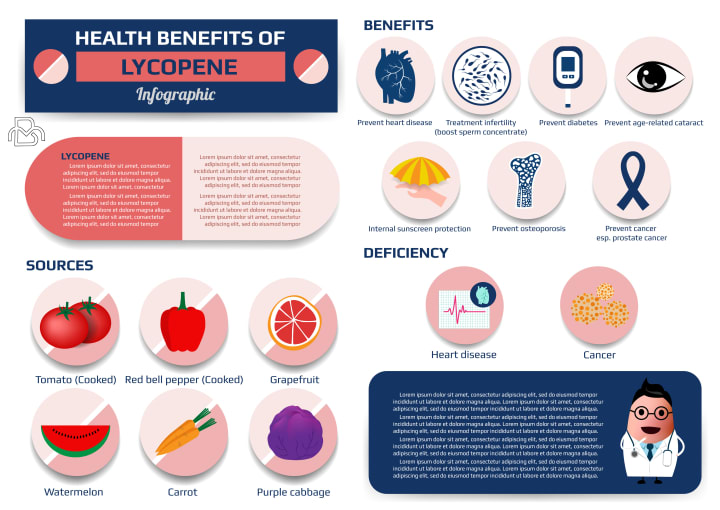
The Path to Victory: A Holistic Approach to Cholesterol Management
While nutritional supplements can be a valuable tool in the fight against high cholesterol, it's important to remember that they should be part of a larger, holistic approach to cholesterol management. This includes maintaining a healthy diet, getting regular exercise, and working with your healthcare provider to monitor your cholesterol levels and overall health.
The Opposition Speaks Up: Potential Counterarguments
It's important to note that not all experts agree on the efficacy of every nutritional supplement mentioned above. Some argue that more research is needed to establish the effectiveness of certain supplements in improving cholesterol levels, and others emphasize the importance of relying on a healthy diet and lifestyle rather than supplements alone. However, the key takeaway here is that these supplements, when used in conjunction with a balanced diet and regular exercise, may provide additional benefits for individuals looking to take control of their cholesterol levels.
Concluding the Battle: Taking Control of Your Heart Health
At the end, nutritional supplements can be a valuable addition to your cholesterol management plan. By incorporating supplements like Omega-3 fatty acids, psyllium husk, niacin, plant sterols and stanols, garlic, red yeast rice, green tea extract, Coenzyme Q10, probiotics, and lycopene, you can potentially improve your cholesterol levels and support overall heart health.
Remember that these supplements should be used in conjunction with a healthy diet, regular exercise, and under the guidance of your healthcare provider. It's time to take control of your heart health and tame the cholesterol beast once and for all!
About the Creator
Mohammad Barbati
Mohammad E. Barbati, MD, FEBVS, is a consultant vascular and endovascular surgeon at University Hospital RWTH Aachen. To date, he has authored several scientific publications and books regarding vascular and venous diseases.






Comments
There are no comments for this story
Be the first to respond and start the conversation.